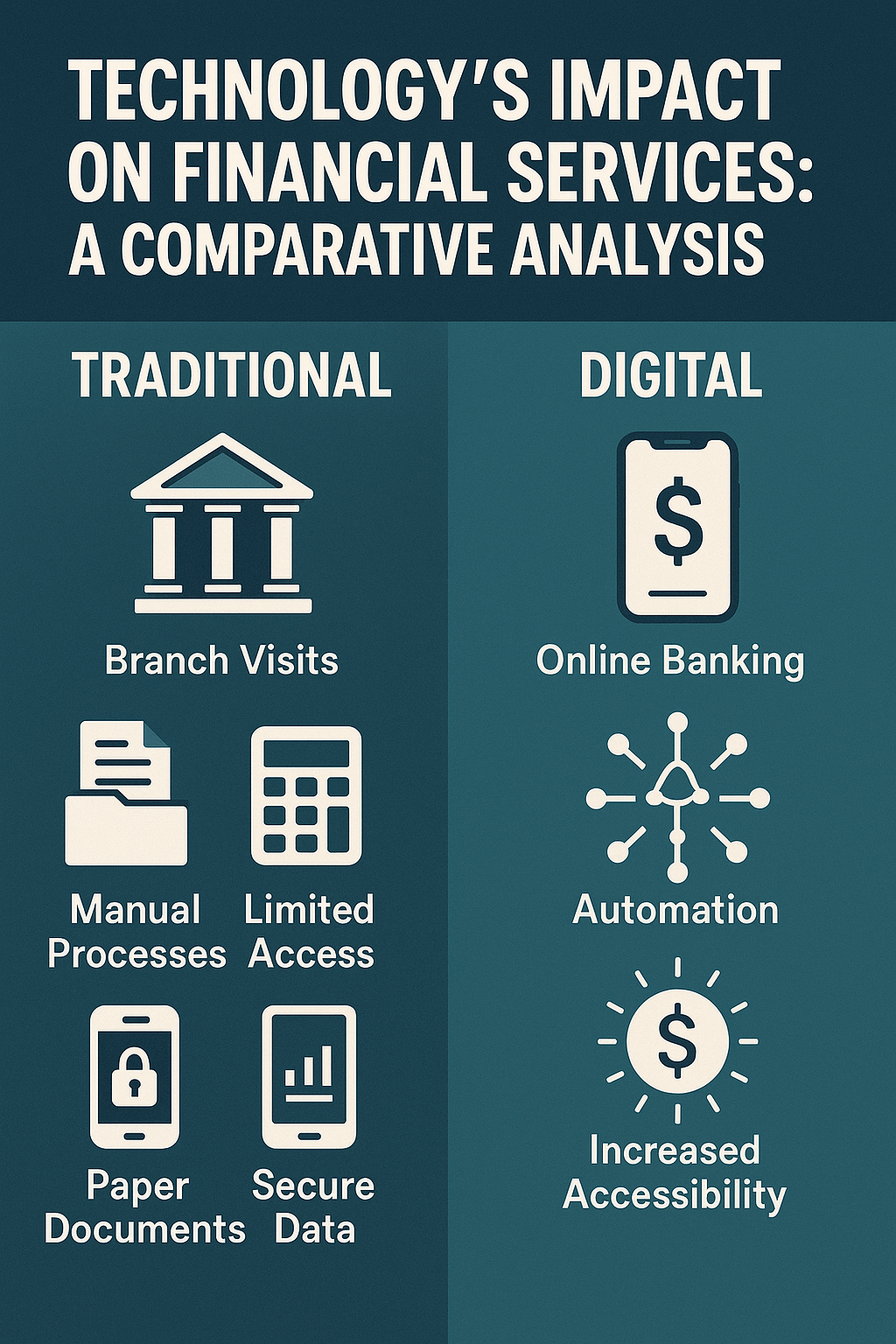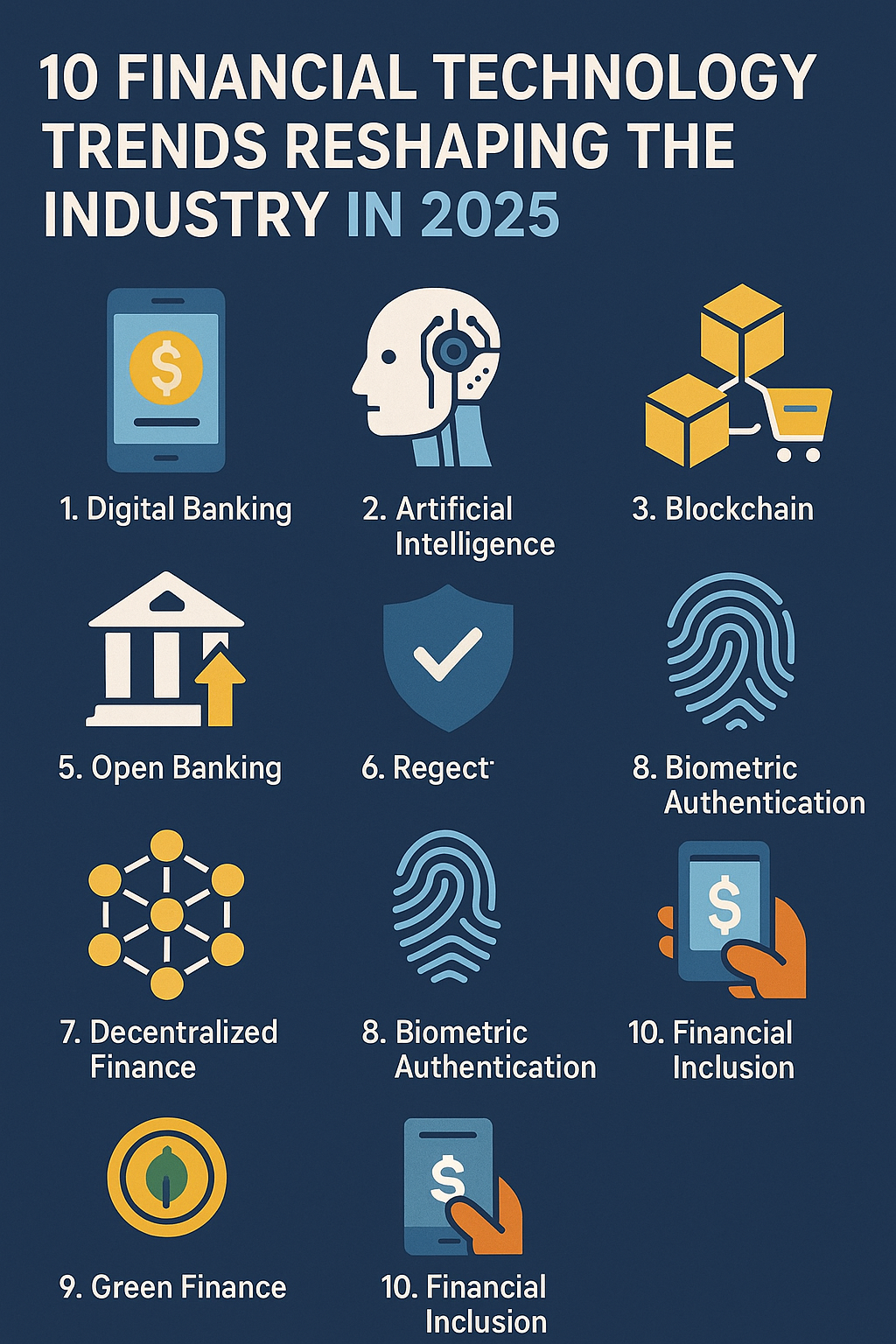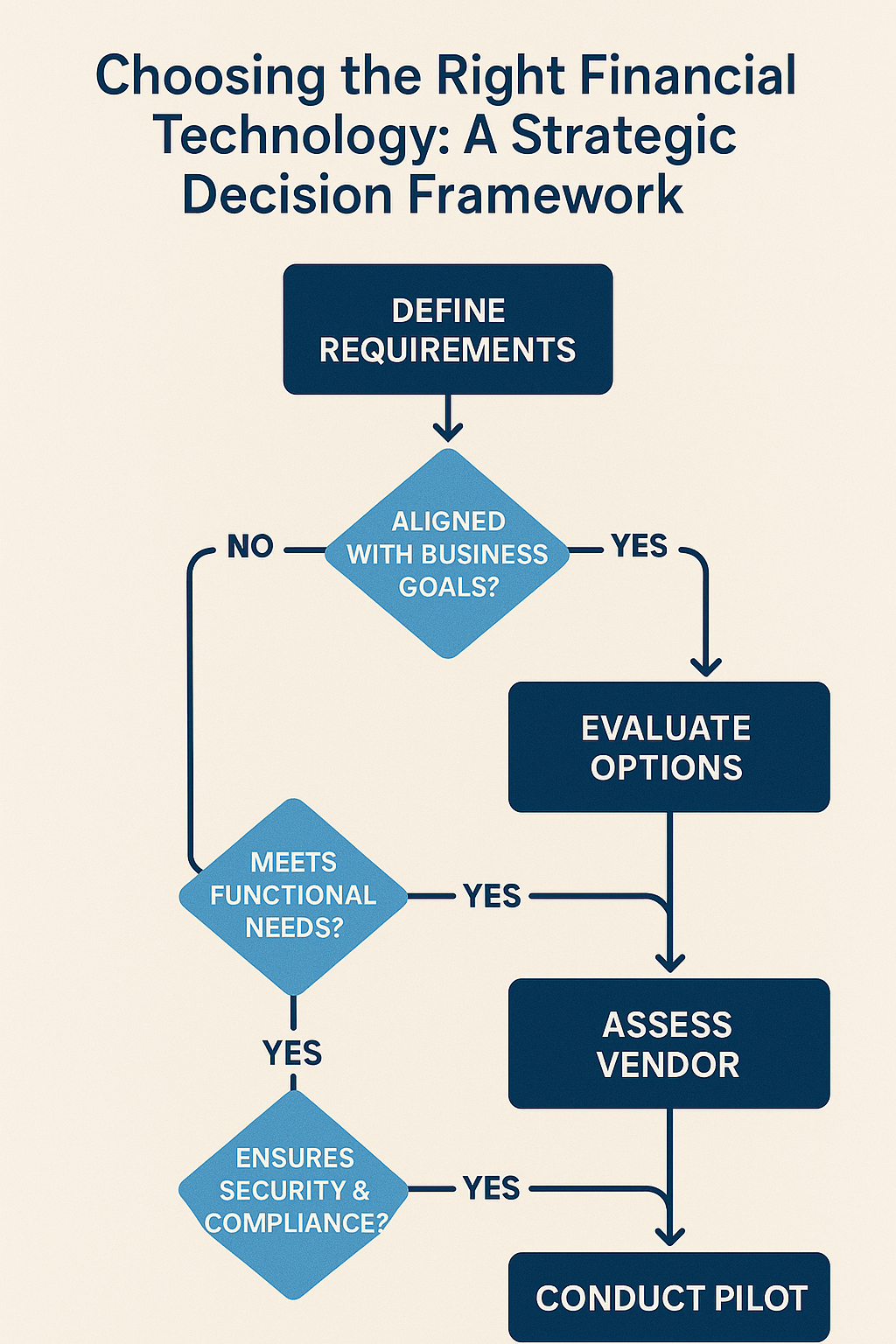
The Importance of CAN-SPAM Act Compliance for Email Marketing

Email marketing is a vital tool for businesses in the twenty-first century. However, as email campaigns continue to increase in popularity, so do unwanted spam messages. To protect consumers from spam emails, Congress passed the Controlling the Assault of Non-Solicited Pornography And Marketing (CAN-SPAM) Act of 2003.
The CAN-SPAM Act sets specific guidelines for commercial emails and imposes penalties on businesses that don't comply. As a marketing consultant and email expert, it's essential to understand its provisions and ensure that your email campaigns comply with the law. In this blog post, we’ll take a closer look at the CAN-SPAM Act and its implications for email campaigns.
What is the CAN-SPAM Act?
The CAN-SPAM Act sets the rules for commercial emails, such as promotional emails, newsletters, and other marketing content. This legislation regulates the way businesses can send emails and outlines the necessary requirements that emails must meet to avoid being classified as spam.
The law's primary goals are to protect consumers from spam, provide a right to opt-out, and give law enforcement guidelines on how to prosecute offenders. As such, it's crucial for companies engaged in email marketing to be familiar with the CAN-SPAM Act's provisions to avoid being penalized and maintain customer trust.
Why is CAN-SPAM Compliance Important for Financial Services Firms?
The CAN-SPAM Act applies to all commercial messages sent by organizations in the United States. Financial services firms must adhere to these regulations critically, as they deal with financial information and must maintain the highest standards of cybersecurity. The CAN-SPAM Act also provides actionable measures for citizens and businesses to protect themselves from identity theft and financial fraud.
A Step-By-Step Guide to CAN-SPAM Compliance
To ensure that your email campaigns comply with the CAN-SPAM Act, follow these key steps:
1. Sending Behavior
Businesses must provide accurate sender details that identify the entity initiating the email. Additionally, businesses should avoid misleading subject lines that don't accurately reflect the contents of the email.
2. Content
Businesses must ensure that their email campaigns contain accurate information about the nature of the promotion, the sender's identity, and the message's intent. You must explicitly provide a clear definition of the advertised services.
3. Unsubscribe/Opt-Out Mechanisms
Businesses must provide a clear, functioning, and easy-to-understand opt-out method for email recipients. You should provide a “one-click” method for users to remove themselves from email recipients' lists. Respond to opt-out requests quickly and efficiently.
4. Labeling of Email Content
All commercial emails must be clearly labeled as such, so the recipient can identify the email as an advertisement immediately. You should include the sender's valid postal address and telephone number in all emails sent.
Marketing Content and Compliance under the CAN-SPAM Act
Financial services firms advertising securities or financial instruments should correctly disclose any form of financial commitment, including the potential risks and returns associated with the investment. Additionally, marketing content that includes testimonials or endorsements must provide full disclosure of the incentives provided to endorsers.
Comparing CAN-SPAM Compliance in Different Countries
Canada and Australia share the US's concerns regarding email spam, and their regulations are broadly similar to the CAN-SPAM Act. The European Union has enacted email standards that favor opt-in requests over opt-out requests.
How to Stay CAN-SPAM Compliant
To remain compliant with the CAN-SPAM Act, businesses must regularly update their email lists and avoid misleading or false information in their marketing campaigns. Additionally, you should seek legal counsel if you're in doubt about the content or any other elements of your email campaign.
In conclusion, the CAN-SPAM Act helps protect consumers from unwanted email spam, and financial service firms must comply with its regulations to ensure their clients' safety. By following the above guide, you can start implementing best practices in your email campaigns to ensure that they are CAN-SPAM compliant, thereby avoiding hefty fines and penalties.
Sources:
- CAN-SPAM Act: A Compliance Guide for Business
- CAN-SPAM | Federal Communications Commission
- CAN-SPAM Act of 2003
- What is the CAN-SPAM Act? | Wex - Law.Cornell.Edu
- 16 CFR Part 316 -- Can-Spam Rule
- Complying with the CAN-SPAM Act
- The CAN-SPAM Act: How to Stay Compliant in 2022
- 7 Things You Must Knows About CAN SPAM Email...
- What is the CAN-SPAM Act?



